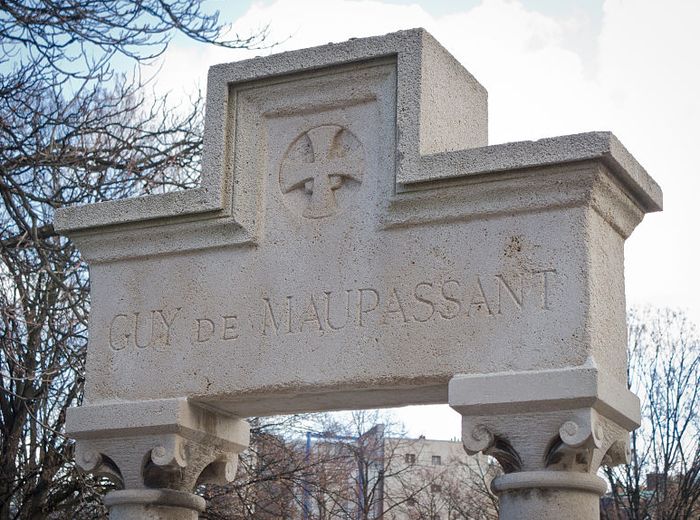Only a fraction of these duties was reserved for himself. Instead, he chose a life of pleasure and luxury, as if it were his natural right (not without some justification, for he had inherited an innate predilection for such things). Now, having acquired supreme power, he had greater opportunity for pleasure, and he indulged himself more than ever.
48. A healthy animal, with a thoroughly strong constitution, is not altered in a moment at the first symptoms of illness. So with the empire in the reign of Constantine: it was by no means moribund and its breathing was still energetic; the neglect from which it was suffering seemed an insignificant item, until, by slow degrees, the malady grew, and reaching a crisis, threw the patient into utter confusion, complete disorder.
This later stage, however, had not yet been approached, and the emperor, taking little share in the anxieties of power, but seeking recreation in a multitude of pleasures, was preparing the then healthy body of his empire for a thousand maladies destined to attack it in the future.
49. What contributed in no moderate fashion to such immoderation, was the weak character of the two empresses, and Constantine’s willing acquiescence in their luxurious, laughter-loving habits. Participation in these revels he regarded as a service to them; and far from wishing in any way to oppose their desires, he took care to provide them with every amusement.
When a certain trouble did arises he would soon have clashed with them, had his wife not agreed with his point of view. Whether she merely concealed her jealousy on this occasion, or had become devoid of it because of her age, I know not.
Describing how and by what means the Augusta Sclerena**97 was Brought to the Capital
50. It all came about in the following way. Constantine’s**98 second wife, a member of the famous Sclerus family, died, and since he was at that time an ordinary citizen, he was prevented from marrying a third time, on conscientious grounds (by Roman law such marriages were illegal).
But he substituted for marriage a less reputable condition — a secret affaire. It was actually the niece of his late wife, a beautiful and, normally, a discreet woman, whom he induced to share in this singularly improper associations. He may have bribed her; possibly he charmed her with words of love; or he may have used other methods of persuasion to achieve his purpose.
Read More about The Signal part 4








